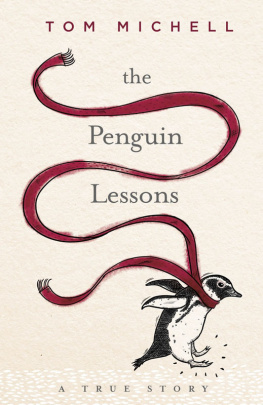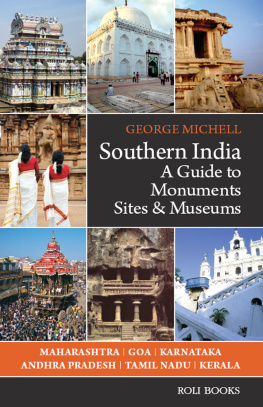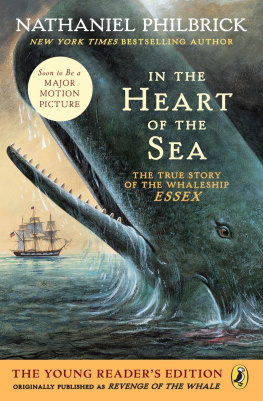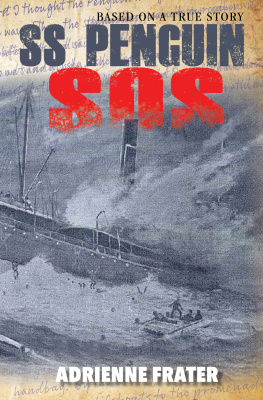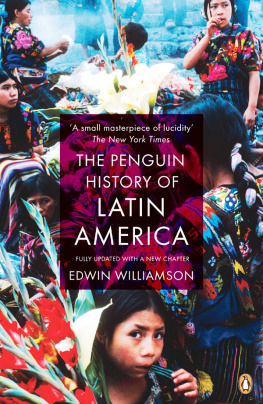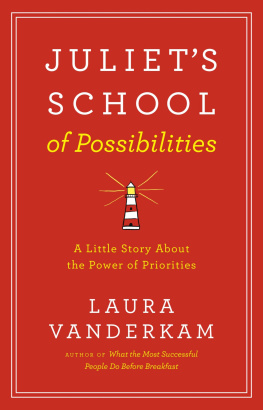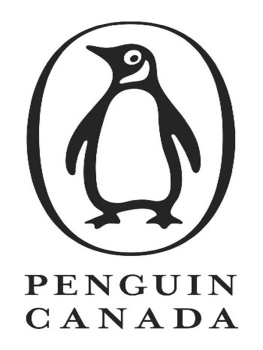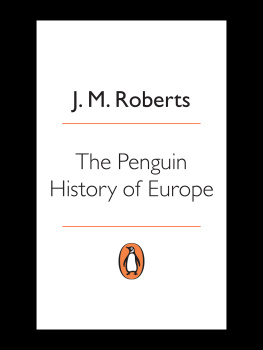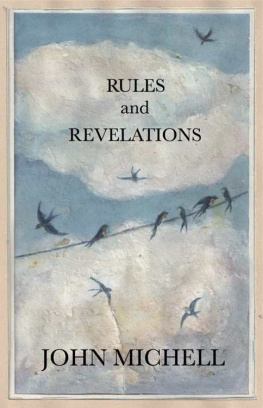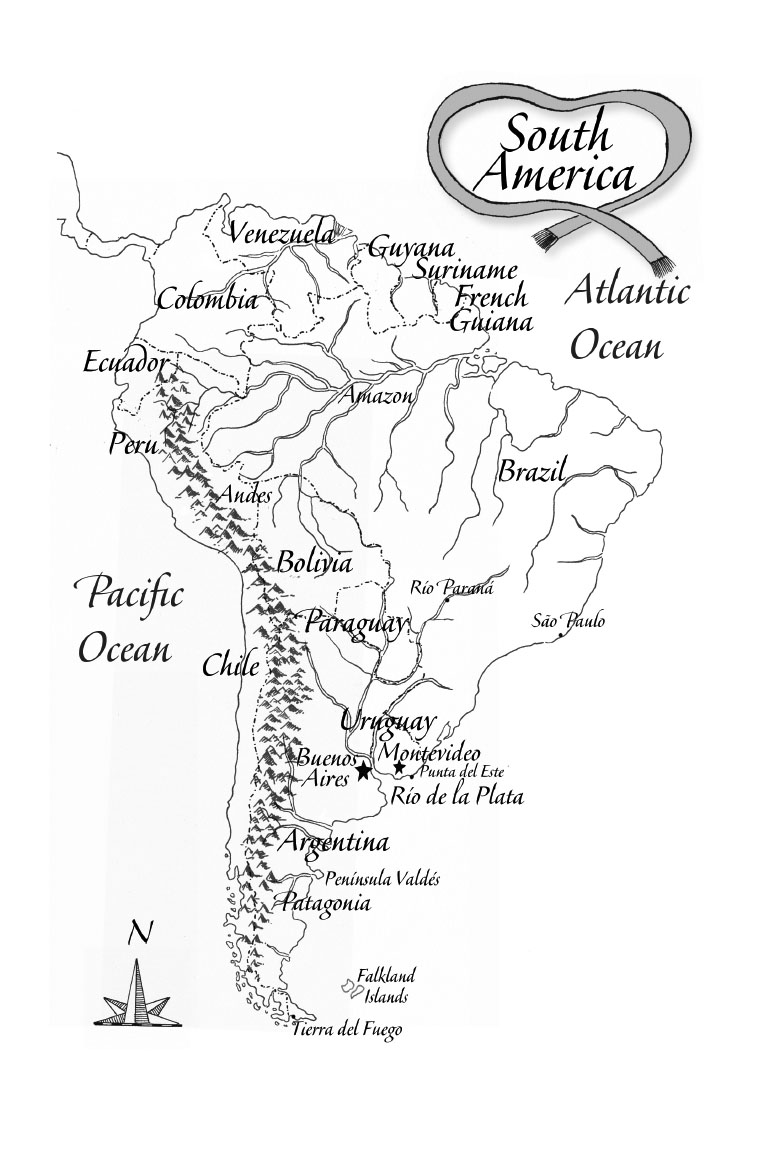Contents
Tom Michell
THEPENGUIN LESSONS
For W, A, M and C
Prologue
Had I been told as a child in the 1950s thatmy life would one day run parallel with that of a penguin that for a time, atleast, it would be him and me against the world I would have taken it in mystride. After all, my mother had kept three alligators at the house in Esher until theygrew too big and too dangerous for that genteel town, when keepers from Chessington Zoohad come and removed them. She hadnt intended to keep alligators at the house inEsher. She had lived in Singapore until the age of sixteen and, on leaving to return toEngland, she had been given three eggs as a memento by her best friend in a tender andtearful farewell. The eggs had hatched, naturally, in her cabin during the long voyageand so, naturally, she had to take them home with her. Years later, in wistful moments,she sometimes remarked that the imaginative present was perhaps the most effectivekeepsake she had ever been given.
I knew wild and domestic animals well. Myrural upbringing ensured I had a realistic view of life. I knew the fate of foxes andfarm stock. However, exotic animals I knew only from zoos and my imagination. I, likeWalt Disney Productions later, was inspired by the genius of Rudyard Kipling. I couldidentify completely with The Jungle Book and Kim, and his descriptionof schooldays that were identical to my own more than half a century later.
Its true. I wasbrought up with an Edwardian view of the world. My parents had been born in differentparts of the Empire and I had grandparents, uncles, aunts and cousins scattered aroundthe globe: Australia, New Zealand, Canada, South Africa, India, Ceylon (now Sri Lanka),Singapore, Rhodesia (Zimbabwe), Nyasaland (Malawi) and so on. To me, these places seemedalmost familiar. Several times a year, letters and, with rather less frequency,their authors would arrive from those countries to fire my childish imaginationwith stories of Darkest Africa and the like. But I wanted to exploresomewhere different, uncharted territory, a real Tierra Incognita. SouthAmerica was somewhere that nobody I knew appeared to have any experience of orconnection with. So I had made up my mind while still at school that South America waswhere I would go when I grew up. At the age of twelve I bought a Spanish dictionary andsecretly started learning Spanish phrases. When the opportunity arose, Id beready.
It was some ten years before thatopportunity arrived, in the form of an advertisement in The Times EducationalSupplement. Wanted, it said, for HMC Boarding School inArgentina The position was so clearly suited to my purpose that withinhalf an hour my application was in the postbox and ready to wing its way across theAtlantic, announcing that they need look no further. As far as I was concerned, I was onmy way.
I researched the economic and politicalsituation before leaving, of course. An uncle in the Foreign Office gave me the insidetrack on the fragility of the Pernist government in Argentina. There was likely tobe another bloody coup by the army at some stage, our intelligencesuggested. Terrorism was rife; murder and kidnappings were everyday events. Only thearmy could restore any order, it was thought. My bank in London, meanwhile, furnished mewith economic information on Argentina: out-and-out wholesale mayhem! In short,everybody said, in an avuncular sort of way, that going to Argentina was an absurdnotion and, under such circumstances, quite out of the question. Nobody in their rightmind would dream of going. This, of course, was exactly what I wanted to hear and allthe encouragement I needed.
I was offered the post of assistant masterwith residential responsibilities but the terms of my contract were not terriblypromising. The college would pay for one return flight, conditional on my staying for afull academic year. My UK superannuation would be paid and I would be remunerated inlocal currency. What that would be worth in terms of buying power locally the headmastercouldnt say because of the prevailing economic shambles. However, I would be paidin accordance and commensurately with the other teaching staff. While I was resident inthe college, food and lodging would be provided. That was it.
I made sure I had enough money in the bankto buy a return flight from Buenos Aires in the event of an emergency and my bankarranged with a branch of Banco de Londres y Amrica del Sur in Buenos Aires that Icould draw on funds in London should the need arise. But I didnt care aboutmoney. I was on my way, about to indulge that spirit of adventure I had felt as a boy;to embark on a quest to seek my destiny. That Fortune would assign me a penguin as a friend and fellow traveller, who would one day provide a wealth ofbedtime stories for generations then unborn, was a singular twist of fate that still layfar over the western horizon.

Juan Salvador was a penguin who charmed anddelighted everyone who knew him in those dark and dangerous days days that sawthe collapse of the Pernist government in terrorist outrages and violentrevolution as Argentina teetered on the verge of anarchy. It was a time when liberties,opportunities and attitudes were so completely different from those of today. However, ayoung traveller like me and the inimitable, indomitable penguin, Juan Salvador, could it turned out be the happiest of companions after I rescued him indramatic circumstances from deadly seas off the coast of Uruguay.
1
I Pick Up a Penguin
In which one adventure ends and another begins
The seaside resort of Punta del Este can befound at that point on the coast of Uruguay where the great southerly sweep of SouthAmericas Atlantic seaboard meets the northern bank of the vast delta of the RiverPlate, or Ro de la Plata. It lies some sixty miles to the east of the capital,Montevideo, and across the mighty river from Buenos Aires, the capital of the Republicof Argentina. In the 1960s and 1970s Punta del Este was, for the denizens of those twogreat metropolises, their Nice, Cannes or St Tropez; the place where the smart set wentfor summer holidays to escape the city heat, to stay and be seen in luxurious penthousesand apartment blocks facing the sea, and, for all I know, they do so still.

The key to one of those apartments had kindlybeen lent to me by the Bellamys, friends of mine who, because it was mid-winter, werenot using the apartment themselves. I was in Uruguay following anextraordinary stay in Paraguay and was making my way back to the Argentine via thegargantuan waterfalls at Iguaz, and then along the coast. After several weeks ofexertions and excitements I was content to spend a few days relaxing in quiet,out-of-season Punta del Este.

